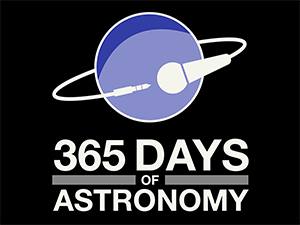
We don’t always look at just the launch side of rockets; we also cover their impact on our world. Recently, we covered one team’s study on how the increase in rocket launches is impacting the Earth’s atmosphere. Today’s study comes from a team at the National Oceanic and Atmospheric Administration (NOAA).
The vast majority of orbital rockets currently burn some form of kerosene and liquid oxygen, producing lots of carbon soot which can impact the atmosphere. Rockets are the only way human pollution gets into the upper atmosphere. Currently, about one thousand tons of soot are released from rocket launches every year, and according to researchers, the flight rate of rockets has tripled in the 21st century and is only expected to further increase.
The study modeled ten thousand metric tons of extra soot in the atmosphere, an order of magnitude more than the current level produced by rockets, and found that it would increase global temperatures from between a half to two degrees Celsius. This would change the jet stream and weaken stratospheric circulation.
Although the researchers caution that this study presents a worst-case and that exactly the amount of soot produced by rocket engines is not perfectly understood, the ozone layer will be impacted above 30 degrees north latitude, though not by that much. The maximum ozone reduction was only 4%, over the north pole, in June.
Hydrocarbon fuels are the worst offenders, but hydrogen and oxygen propellant rockets produce water vapor, which also affects the climate. A previous study by one of the same team members looked at these effects, particularly on reusable rockets with high flight rates, and also found an effect on the atmosphere.
With this new study, researchers hope to challenge the perception that solid rockets are the only ones that impact the atmosphere in an appreciable way. Particles from liquid-fueled rockets also have a big impact.
Another environmental impact of spaceflight is heavy metals and other elements from electronics and structures in satellites being deposited into the atmosphere as they burn up. The researchers say further study will be required in this area. We’ll bring those future studies to you here on Daily Space.
More Information
NOAA press release
“The Climate and Ozone Impacts of Black Carbon Emissions From Global Rocket Launches,” Christopher M Maloney, Robert W Portmann, Martin N Ross, and Karen H Rosenlof, 2022 June 1, Journal of Geophysical Research: Atmospheres



